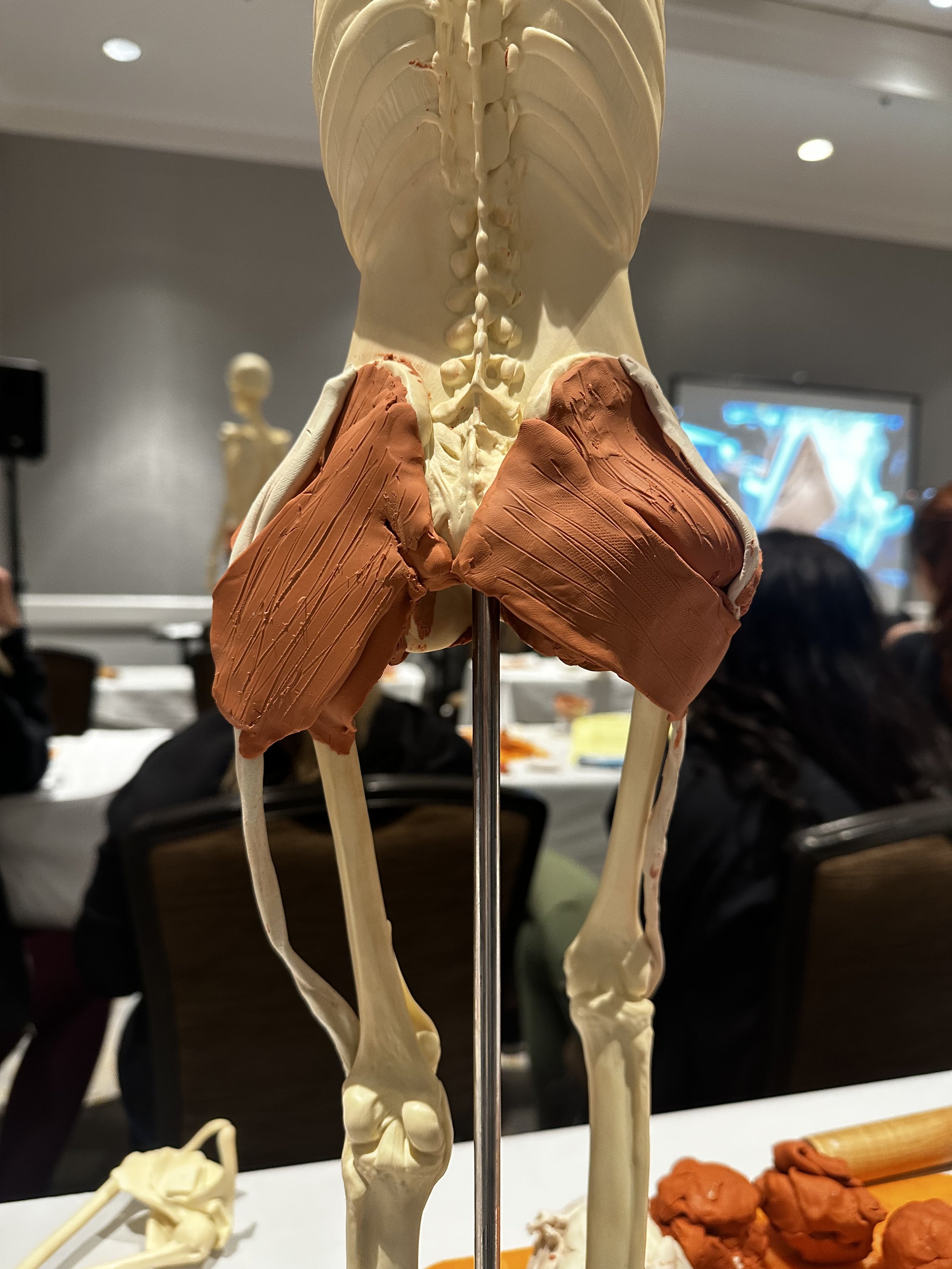Exhausted? Movement Helps!
As Featured in Brighter Magazine in December of 2024
Recently, during a functional movement assessment, my client, Amy said, “I don’t want to become a part of the furniture, but I am just so tired, the motivation to get up and move is completely gone.” Amy was suffering from cancer-related fatigue due to recent treatments for breast cancer and was facing an issue so many cancer patients can relate to – how am I supposed to exercise when I feel this exhausted?
Cancer-related fatigue, or CRF, is often described as an exhaustion like no other and is one of the most common complaints among cancer patients. In fact, CRF is reported by over 70% of cancer patients during cancer treatments like chemotherapy and radiation. Unlike general fatigue, which lets us know when to rest to recover from activities and heal from treatments, CRF causes exhaustion after the simplest of activities, can cause lack of concentration, loss of memory and an inability to begin tasks. Cancer-related fatigue is often not made better by rest, affects multiple areas of daily life and can last long after therapies have ended.
According to the American Cancer Society in a study published in 2001, the cause of cancer-related fatigue is multifactorial, involving physiological and psychological reactions to treatment within the body. For many years, doctors recommended rest and avoidance of physical activity. However, we now know that inactivity induces further muscle wasting than treatment alone and causes a loss of cardiorespiratory fitness. Yet, since physical activity can produce fatigue and breathlessness, exercise might seem counterintuitive if you are experiencing cancer-related fatigue.
Physical activity produces adaptive changes in the body such as gains in muscle mass and improves cardiorespiratory health. By moving through cancer therapies, you can actually increase mitochondria, the powerhouses of our cells, therefore promoting cellular wellness across multiple organ systems. Exercise also increases the presence of Natural Killer Cells, enhancing the immune system and helping to decrease tumor size, according to Deldequie, et al in a study published in 2020 entitled “The Regulation of Metastatic Disease by Physical Activity”.
The best news is that it is super simple to obtain all these benefits of exercise, even if you feel tired after reading the word “exercise”. At 2Unstoppable, a nonprofit aiming to improve women’s cancer outcomes through exercise, our uncomplicated approach to movement begins with a simple question, what can you do right now? When I asked Amy this question, she said she could walk to the end of her driveway and back and she could probably do a bit more if she tried. The truth is, you only need to start with two or five minutes a day of movement and add a bit more each week, as you begin to feel better. Once you are medically cleared for exercise, you can follow the quickstart guides below.
What Can You Do Right Now?
If you are starting from a chair: March your legs or tap your heels out and forward for 2 minutes. If you feel ready, you can swing your arms or move them in a way that feels good to you. Try this everyday or every other day. Ready to add more? Move to the edge of your chair, drive the body weight into the heels and power yourself up to a standing position. Sit back down and repeat five times. Continue to progress these movements, working your way up to walking indoors or out for 5-10 minutes per day, eventually building up to 15 minutes twice a day. You can certainly continue to do those sit-to-stands and even add resistance by holding 1-3lb weights in each hand.
If you are somewhat active: Work your way up to walking 30 minutes per day and increasing your pace, feeling a little breathy for at least 10 minutes of your walk. You can begin to add resistance training with light weights up to twice per week. Strength exercises like bicep curls and tricep-kickbacks can help rebuild upper body strength.
When you are ready for a more detailed exercise plan, you can seek the help of a Cancer Exercise Specialist through an organization like 2Unstoppable, to help you combat fatigue and other treatment related side effects. While starting exercise may seem overwhelming at first, you will begin to feel its positive effects, even with a few minutes each day. Soon, you will have the energy to tackle activities of daily living and feel stronger overall.



